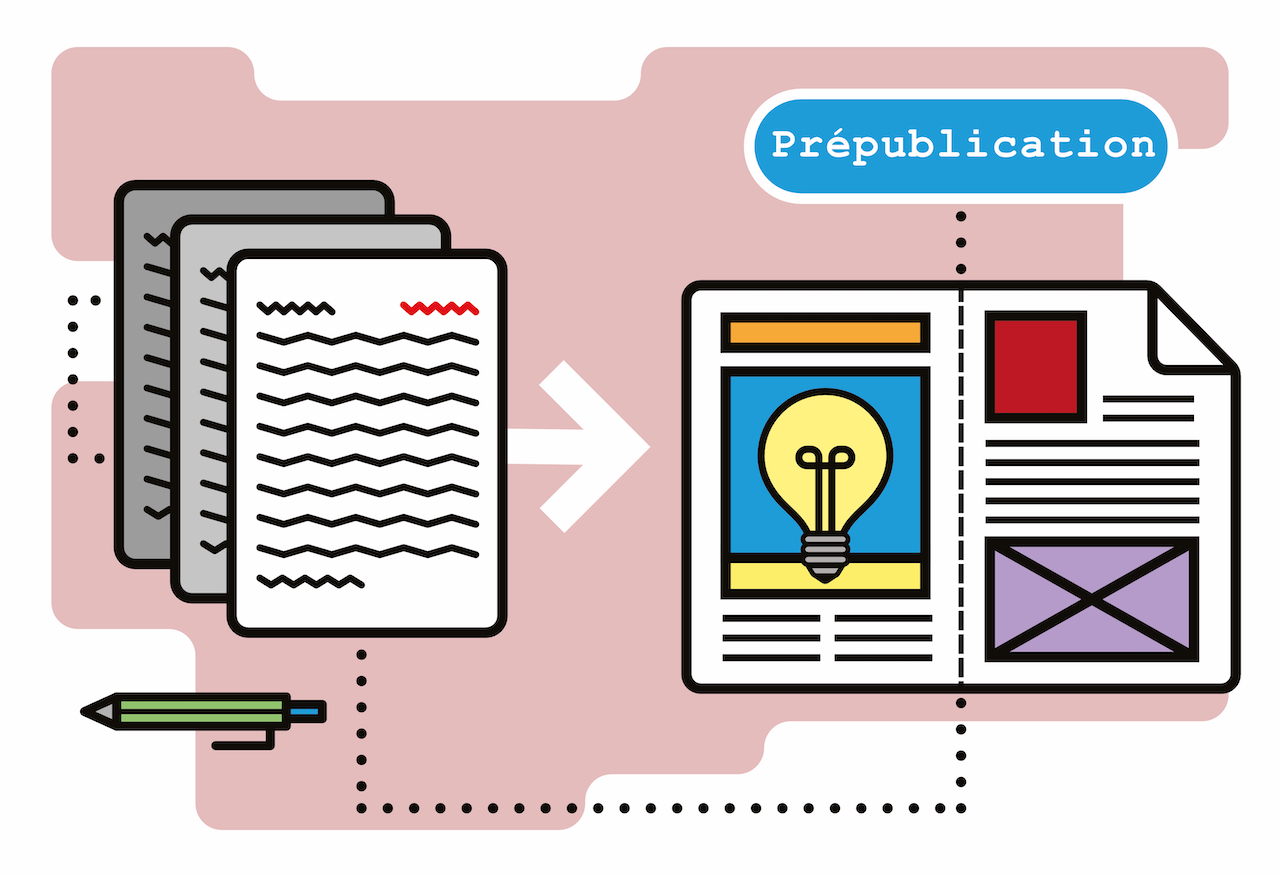Fiche du document
- ISIDORE Id: 10670/1.9517c9...
- hal: hal-04872258
info:eu-repo/semantics/OpenAccess
Sujets proches
ImpartialityCiter ce document
Thomas Souverain et al., « Implementing Fairness: the view from a FairDream », HAL SHS (Sciences de l’Homme et de la Société), ID : 10670/1.9517c9...
Métriques
Partage / Export
Résumé
In this paper, we propose an experimental investigation of the problem of AI fairness in classification. We train an AI model and develop our own fairness package (FairDream) to detect inequalities and then to correct for them, using income prediction as a case study. Our experiments show that it is a property of FairDream to fulfill fairness objectives which are conditional on the ground truth (Equalized Odds), even when the algorithm is set the task of equalizing positives across groups (Demographic Parity). While this may be seen as an anomaly, we explain this property by comparing our approach with a closely related fairness method (GridSearch), which can enforce Demographic Parity at the expense of Equalized Odds. We grant that a fairness metric conditioned on true labels does not give a sufficient criterion to reach fairness, but we argue that it gives us at least a necessary condition to implement Demographic Parity cautiously. We also explain why neither Equal Calibration nor Equal Precision stand as relevant fairness criteria in classification. Addressing their limitations to warn the decision-maker for any disadvantaging rate, Equalized Odds avoids the peril of strict conservatism, while keeping away the utopia of a whole redistribution of resources through algorithms.
